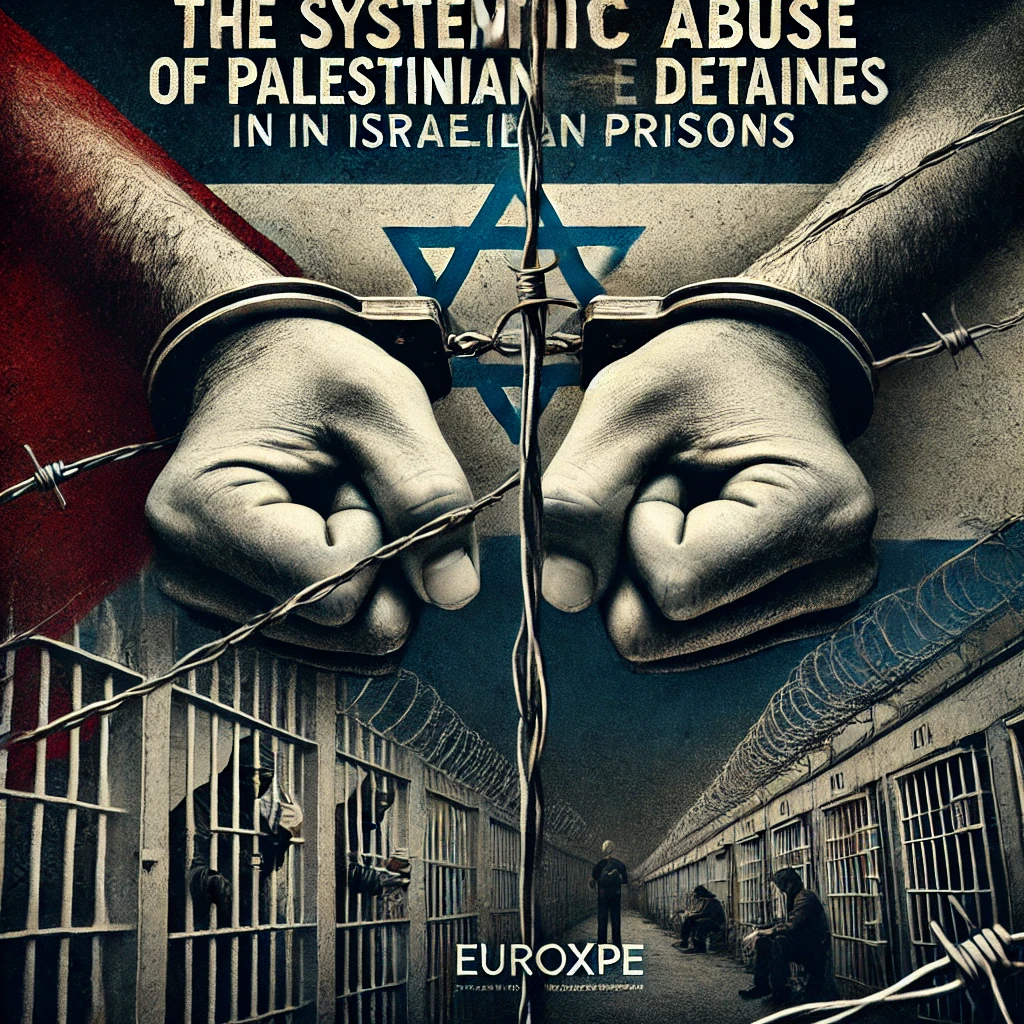Allegations of systematic abuse against Palestinian prisoners in Israel’s detention facilities have ignited international concern, following a series of interviews and reports from former detainees. The Guardian, through extensive interviews with released prisoners, has exposed a pattern of violence, humiliation, and deprivation that has reportedly become normalised across the country’s jail system. The findings are so severe that B’Tselem, a prominent Israeli human rights organisation, has described the conditions as part of an “institutionalised” policy of mistreatment.
In its investigation, B’Tselem interviewed 55 former prisoners who had been held in 16 different Israeli prison service jails and detention centres operated by the Israel Defense Forces (IDF). The scale of the abuse documented by the organisation is staggering, encompassing severe beatings, sexual violence, starvation, denial of medical care, and the withholding of basic necessities such as water, daylight, electricity, and sanitation. The organisation’s executive director, Yuli Novak, expressed profound shock at the extent of the violence, stating, “When we started the project, we thought we would find sporadic evidence and extreme cases here and there, but the picture that has emerged is completely different.”
Israel’s Prison Service (IPS) and the IDF have both denied these allegations. The IPS maintains that it operates within the bounds of the law and under the oversight of the state comptroller, dismissing the reported claims of abuse as baseless. Similarly, the IDF has rejected outright the accusations of systematic mistreatment, asserting that it adheres to both Israeli and international law, and that conditions for detainees have improved significantly.
However, testimonies from former detainees, coupled with B’Tselem’s findings, paint a very different picture. The investigation revealed widespread and consistent reports of arbitrary violence, sexual assault, starvation, and deliberately unhygienic conditions. One detainee, Firas Hassan, a 50-year-old youth ministry worker from Bethlehem, detailed the harsh conditions he faced during his time in administrative detention. According to Hassan, the situation deteriorated dramatically after the appointment of far-right national security minister Itamar Ben-Gvir, who reportedly introduced a series of punitive measures aimed at Palestinian prisoners, including the reduction of shower times and the elimination of certain basic provisions.
The situation has only worsened since the outbreak of the war in Gaza, with at least 60 Palestinian detainees reportedly dying in Israeli custody, a significant increase from the one or two deaths typically reported each year. The dramatic rise in prisoner numbers, which soared to over 9,600 following the Hamas attack on 7 October, has exacerbated the already dire conditions. Among these prisoners, over 1,400 from Gaza are held as “unlawful combatants” under emergency legislation that permits detention without charge or trial.
Human rights groups and international observers have expressed deep concern over the reports, with many calling for greater transparency and accountability within Israel’s detention system. The refusal of Israeli authorities to allow access to lawyers, family members, and Red Cross inspectors has only fueled suspicions of widespread human rights violations.
In addition to the harrowing testimonies, there have been multiple reports of degrading treatment and inhumane conditions. In one particularly disturbing incident, multiple members of Israel’s parliament, backed by a far-right crowd, stormed two military bases to protest against the arrest of nine men involved in the violent rape of a detainee at the Sde Teiman detention centre. The incident underscores the extent to which violence and abuse have been ingrained within the system.
As the international community continues to scrutinise Israel’s actions, the allegations of systematic abuse within its prison system stand as a stark reminder of the ongoing human rights challenges in the region. The testimonies of former detainees, combined with the findings of human rights organisations like B’Tselem, suggest that the situation is far from isolated, and that significant reform is needed to address the systemic violations occurring within Israel’s detention facilities.






